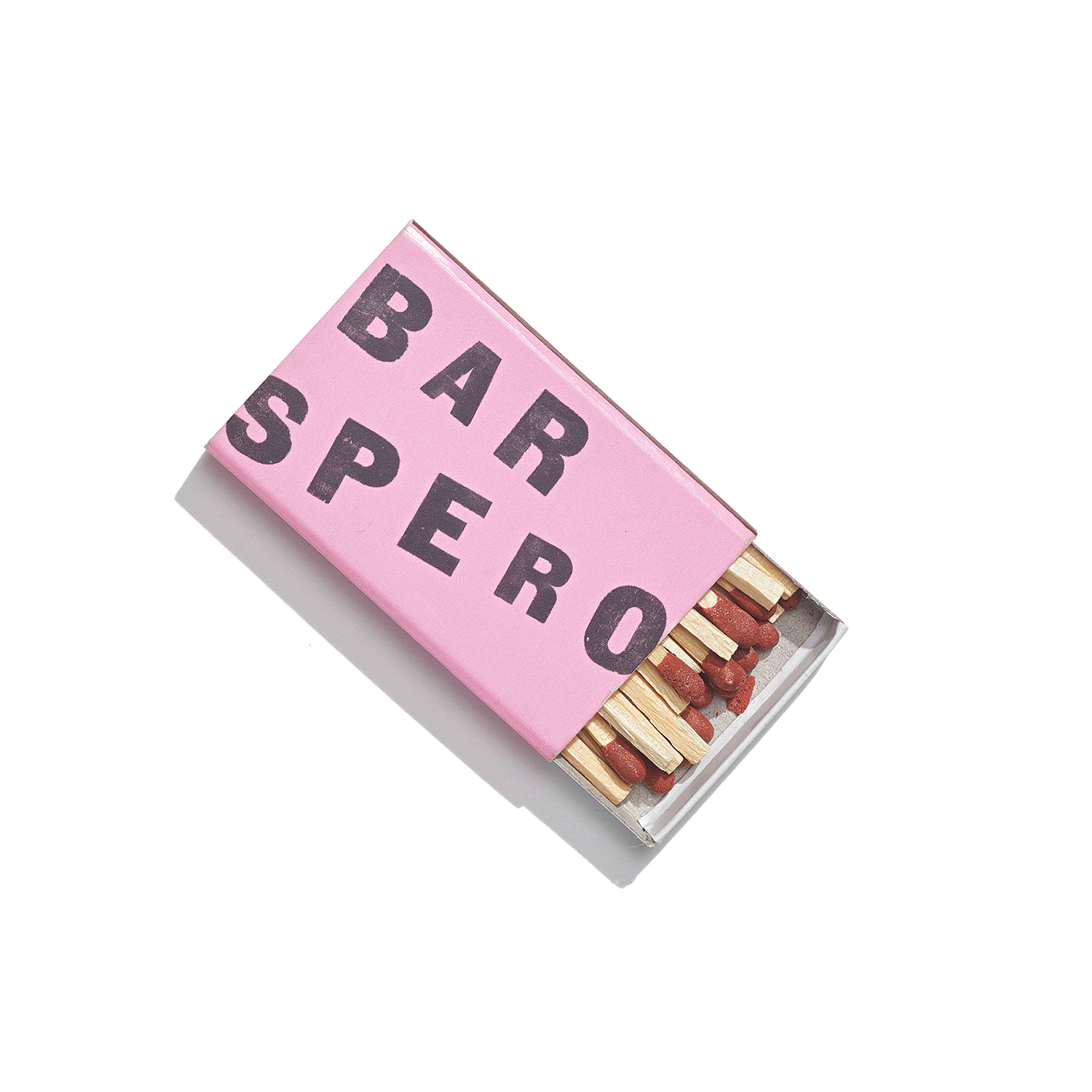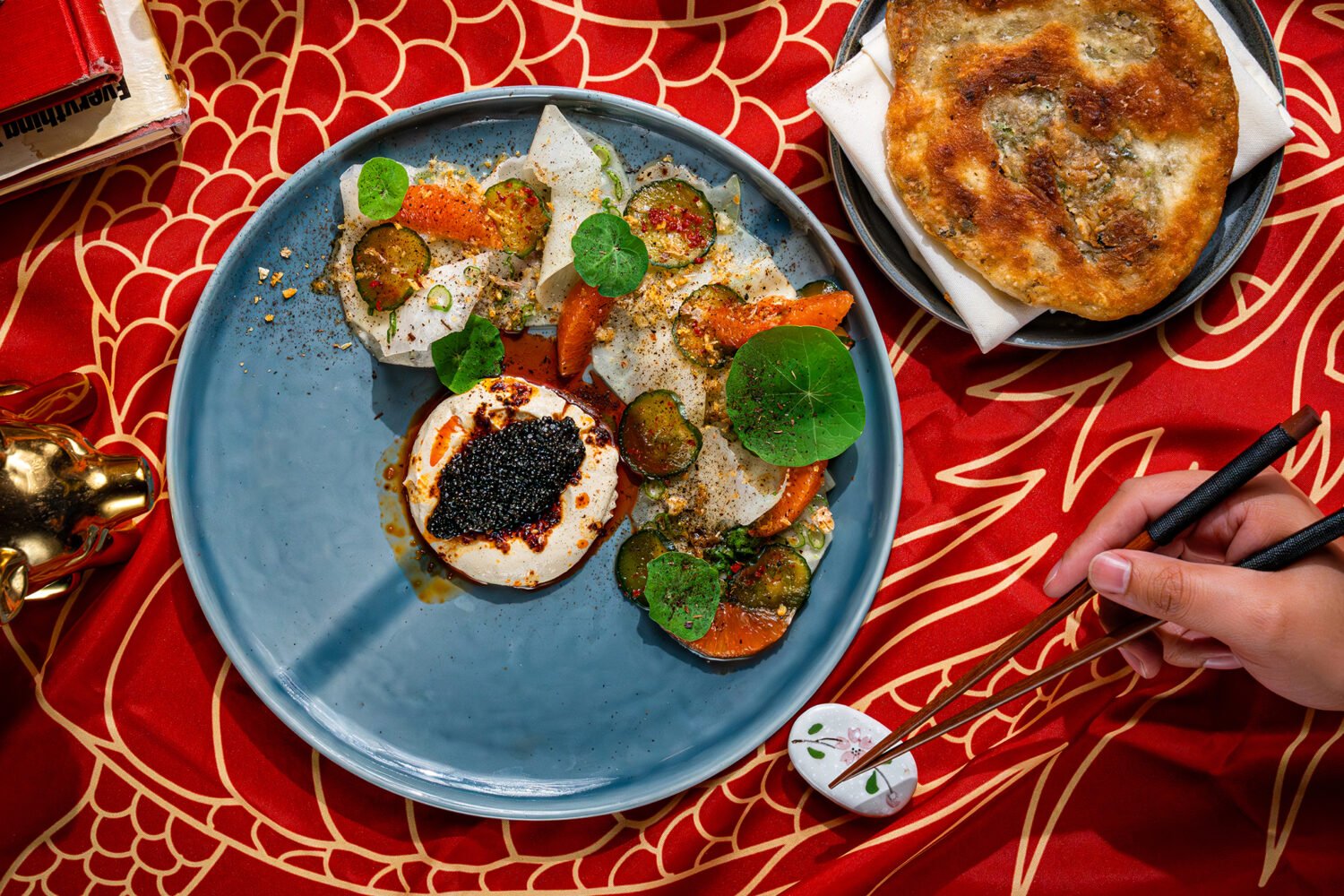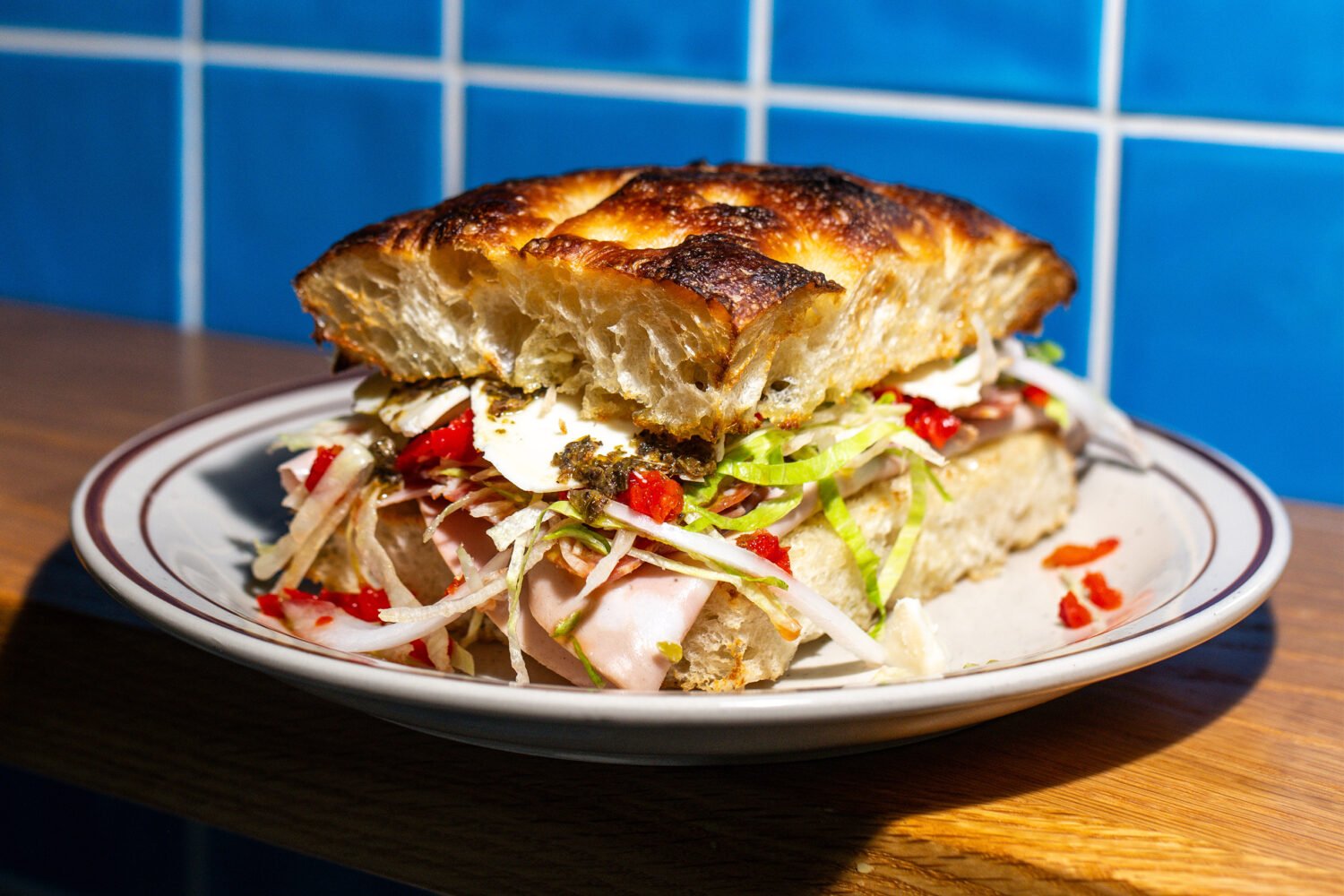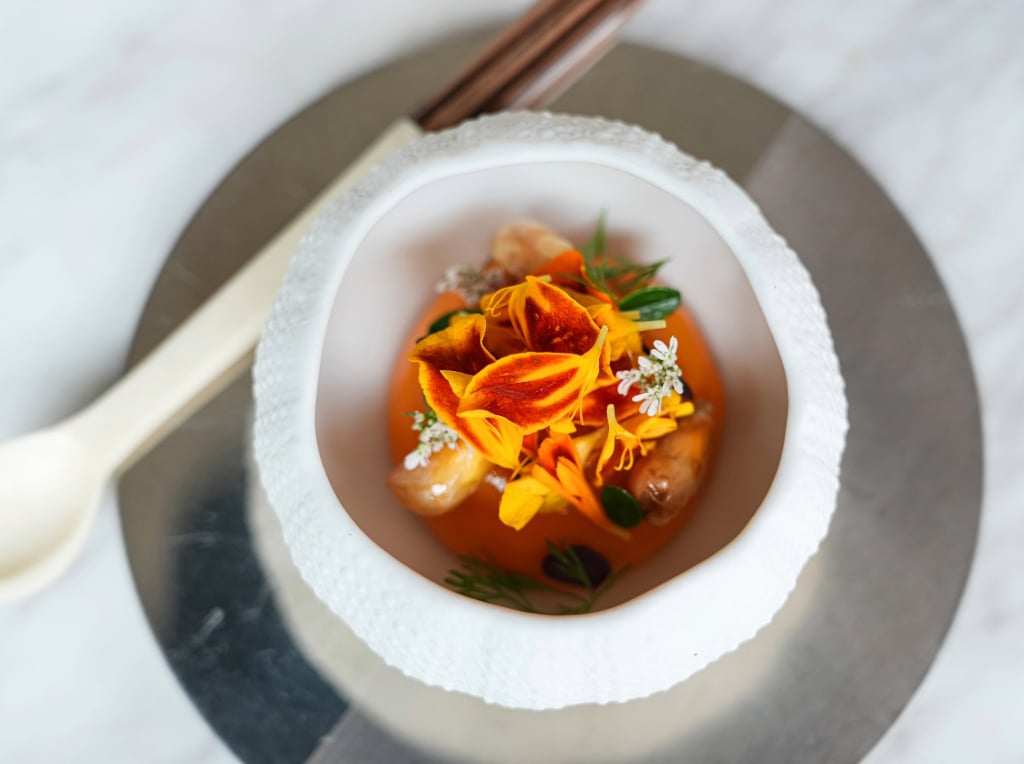At a time when even physical menus seem to be endangered, one hospitality relic is making a comeback: the matchbox. A staple of a bygone era when people smoked in dining rooms, matchboxes (and matchbooks) can be found at a range of DC bars and restaurants—from the fine-dining destination Pineapple & Pearls to the swimming-pool-themed Navy Yard bar Royal Sands Social Club to the Capitol Hill comfort-food joint Crazy Aunt Helen’s.
“I think that [after the pandemic] any reminder of the experience of going out to a restaurant, people loved more,” says Chris Svetlik, who owns the Tex-Mex spot Republic Cantina in Truxton Circle.
Royal Sands co-owner Fritz Brogan agrees that nostalgia is back in a big way. He has seen people on social media framing old matchboxes, particularly from places where they celebrated sentimental occasions. “You go to a concert, the tickets are on your phone,” Brogan says. “It’s rare to get something physical as a memory—and it’s free.”
Brogan last offered matchbooks when he opened the Hawthorne, a bar on U Street, in 2015. Back then, the host-stand bowl might have been restocked once a week. Now the stash is replenished a few times a night. Brogan estimates that Royal Sands goes through a couple hundred a week.
Even so, Covid was the biggest hit to the matchbox biz since smoking bans, says Kathy Myers, vice president of the Baltimore-based distributor Maryland Match. Sales to restaurants still haven’t recovered to pre-pandemic levels, but Myers has started to see an uptick in the past year. (Cannabis, tobacco, and alcohol industries kept the company alive during Covid.) Her sales pitch: A matchbox is a “functional business card”—a useful keepsake that doubles as relatively cheap advertising. (Each typically costs five to ten cents.)
“They create a memory of a time and a place, the experience,” Myers says. “It’s got 20 strikeouts. That’s 20 times your customer is going to look at your logo and remember it.”
This article appears in the June 2023 issue of Washingtonian.


















